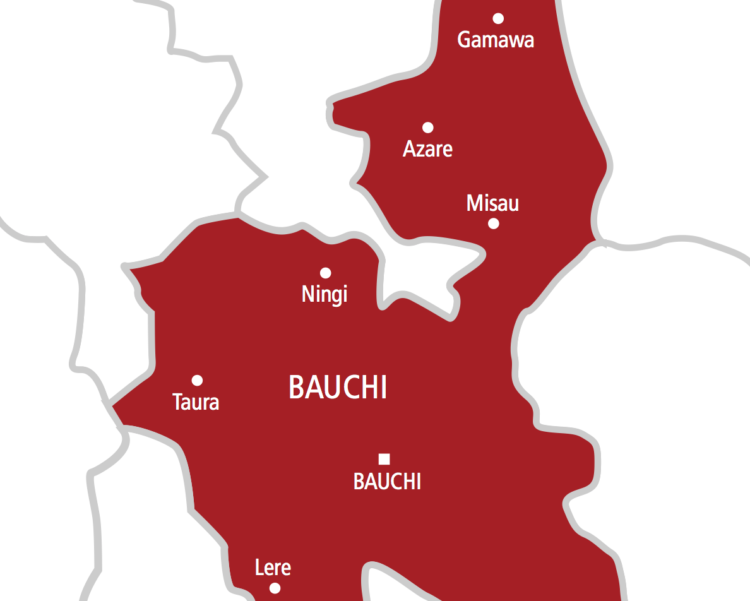Bauchi State mandates BECE for all students in public, private schools


The Bauchi State Government has announced that the Basic Education Certificate Examination (BECE) is now mandatory for every student enrolled in both public and private schools within the state.
This decision is designed to ensure that all learners finishing their basic education receive official certification to support their future educational advancement.
According to the State Ministry of Education, the BECE represents an essential qualification needed for entry into senior secondary school and other advanced educational institutions.
Mandating this certification will help solidify students’ academic backgrounds and get them ready for the next phase of their learning path.
This directive aligns with broader initiatives by the Bauchi State Government, led by His Excellency, Senator Bala Abdulkadir Mohammed, to elevate education quality and equip young people with the necessary qualifications and skills for long-term academic and career development.
As stated in a release by Jalaludeen Usman, Information and Public Relations Officer of the Bauchi State Ministry of Education, parents, guardians, and school heads are encouraged to ensure all eligible students register for and take part in the examination.
Also, on Monday, the Catholic Diocese of Bauchi, headed by Rev. Fr. Emmanuel Kafas, paid a visit to the Bauchi State Ministry of Education to discuss the academic calendar and the involvement of religious organisations in educational planning.
Rev. Fr. Emmanuel Kafas expressed his appreciation for the warm welcome extended by the Ministry, saying it reflected the hospitable attitude of the Ministry’s leadership.
He took the opportunity to applaud the government for acknowledging the role of the Catholic Church in education delivery in the state, particularly by granting approval to all of its educational institutions.
The Clergyman pledged that the Catholic Church would remain committed to supporting the education sector by promoting its growth through a curriculum that is both high in quality and standardized.
During the visit, the Commissioner for Education, Dr. Lawal Mohammed Rimin Zayam, welcomed the Church’s delegation and described the Diocese as an important stakeholder in the educational landscape.
Represented by the Ministry’s Permanent Secretary, Ali Babayo, the Commissioner explained that designing the school calendar involves shared decision-making and is never done without wide consultation.
“We don’t just sit down in the Ministry and draft the academic calendar. It’s a process that involves all relevant stakeholders, including religious bodies.”
“I believe the Christian Association of Nigeria (CAN) is already represented in the process, but we will also engage the Catholic Diocese in our next calendar review meeting,” the Commissioner said.
He called on religious organisations and other stakeholders to always feel welcome to bring their concerns to the Ministry, emphasizing that Governor Bala Mohammed’s administration has created an inclusive atmosphere for everyone in the state, irrespective of ethnic or religious background.
“We want education for all. Whatever happens, come to us, let’s sit down and discuss,” he said, according to a statement by Jalaludeen Usman, Information and Public Relations Officer.
It is worth recalling that there had been a prior misunderstanding between the Ministry and faith-based school operators when schools were shut during the last Ramadan fasting period.









